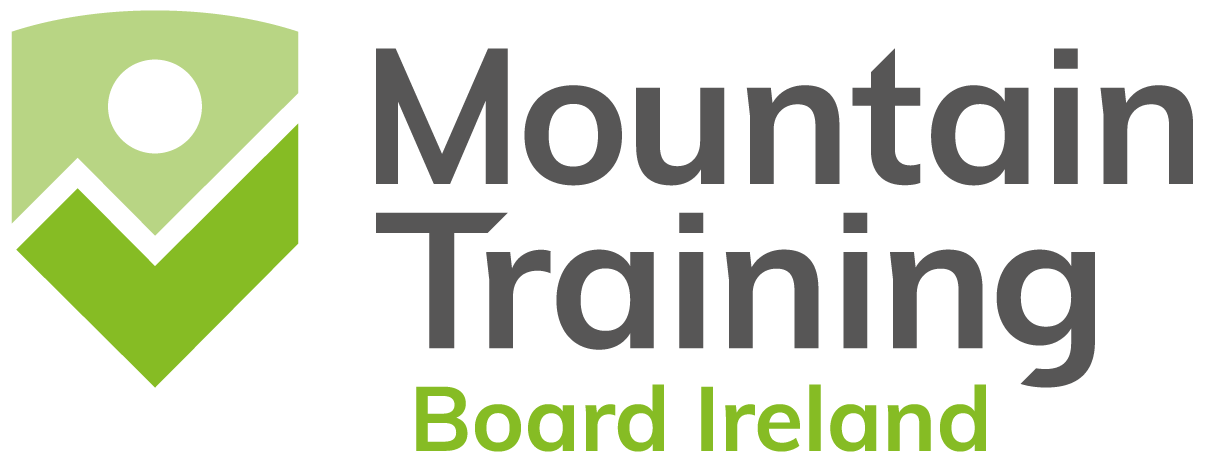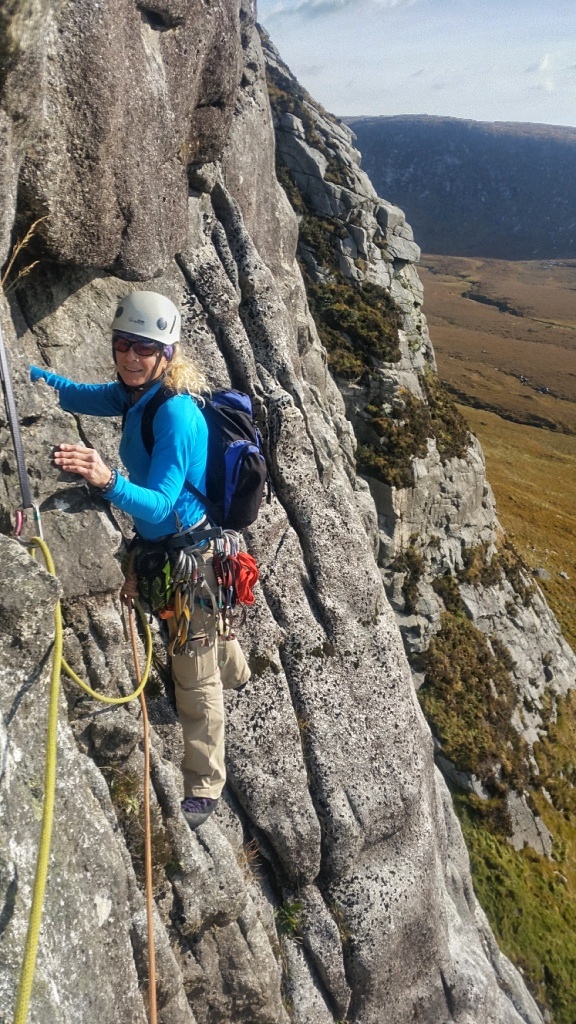The Multi-Pitch Award provides training and assessment in the skills required to lead climbers on a ‘limited remit’ of multi-pitch climbs. The scope of the award covers personal climbing, stance management, rope systems, client rescue, etiquette, environmental responsibilities. The primary purpose of this award is to teach and assess those wishing to become efficient multi-pitch climbers.
In multi-pitch climbing, the situations and potential for mishaps are a little higher than single pitch climbing as for a percentage of the time both climbers are off the ground.
This award has been designed to provide a basic level of knowledge and competence for those who lead clients on multi-pitch climbs. Multi-pitch climbing using leader-placed protection is one of the most adventurous aspects of outdoor rock climbing. During a multi-pitch climb, it may not be easy to be lowered to the ground and the difficulty of escaping the system to retreat can be increased. Multi-pitch climbing needs clear and manageable ropework and a variety of skills beyond that of which is currently taught during the Rock Climbing Instructor Award.
This instruction is ideal for those who are solid in their single-pitch lead climbing and are beginning or looking to venture onto the world of multi-pitch climbing and routes.

 Approved course Provider
Approved course Provider


The scope of this award, a multi-pitch route is one which:
• Is climbed with one or more intermediate stances
• Is described as a multi-pitch route in the guidebook
• Is non-tidal, non-serious and presents little objective danger
• Routes where general mountaineering skills, are needed to approach and return from mountain cliffs. These routes should provide no difficulties on approach or retreat, such as route finding, scrambling or navigating
• Terrain where the techniques of scrambling and short roping may be required
• The teaching of and supervision of leading (these are covered by the Mountain Instructor Award)
• Abseil access to tidal sea cliffs, or any other location where lowering or abseiling to the ground from the route is not possible
• Routes where a potential rescue may involve prussiking up a rope in a free-hanging situation or where unassisted hoisting is likely to be required to effect a safe rescue.
What is covered in multi-pitch training is techniques for situations not normally found in single-pitch climbing. These include intermediate stance management, single and double rope systems, improvised rescue and evacuation. What we will cover is in detail is preventative measures you need to take to avoid potential epic situations.
Among the topics, we will look at are,
Intermediate multi-pitch belays require a bit more thought as they may require to be multi-directional. This is as you bring your second up the previous pitch and then the leader climbs the next pitch. We will look at rope and sling based belays and the pros and cons of each in many different live scenarios.
Efficient stance management as time spent at each intermediate stance soon starts to absorb a huge amount of your day. We will look at the best use of your time and resources on each stance.
If things do start to resemble a pear, we will cover a number of essential techniques and skills that will potentially allow you to get out of a huge range of potential problem scenarios.